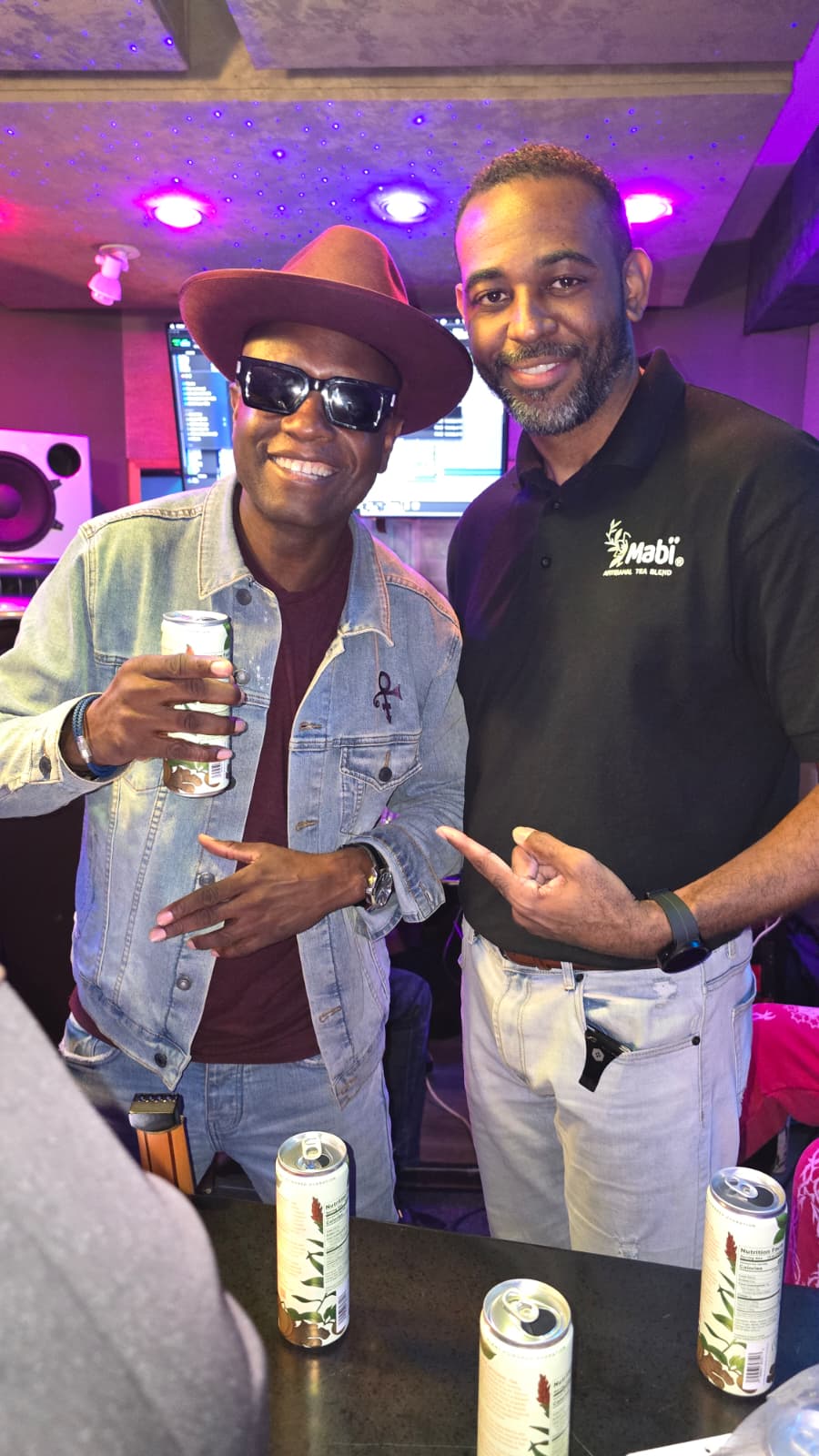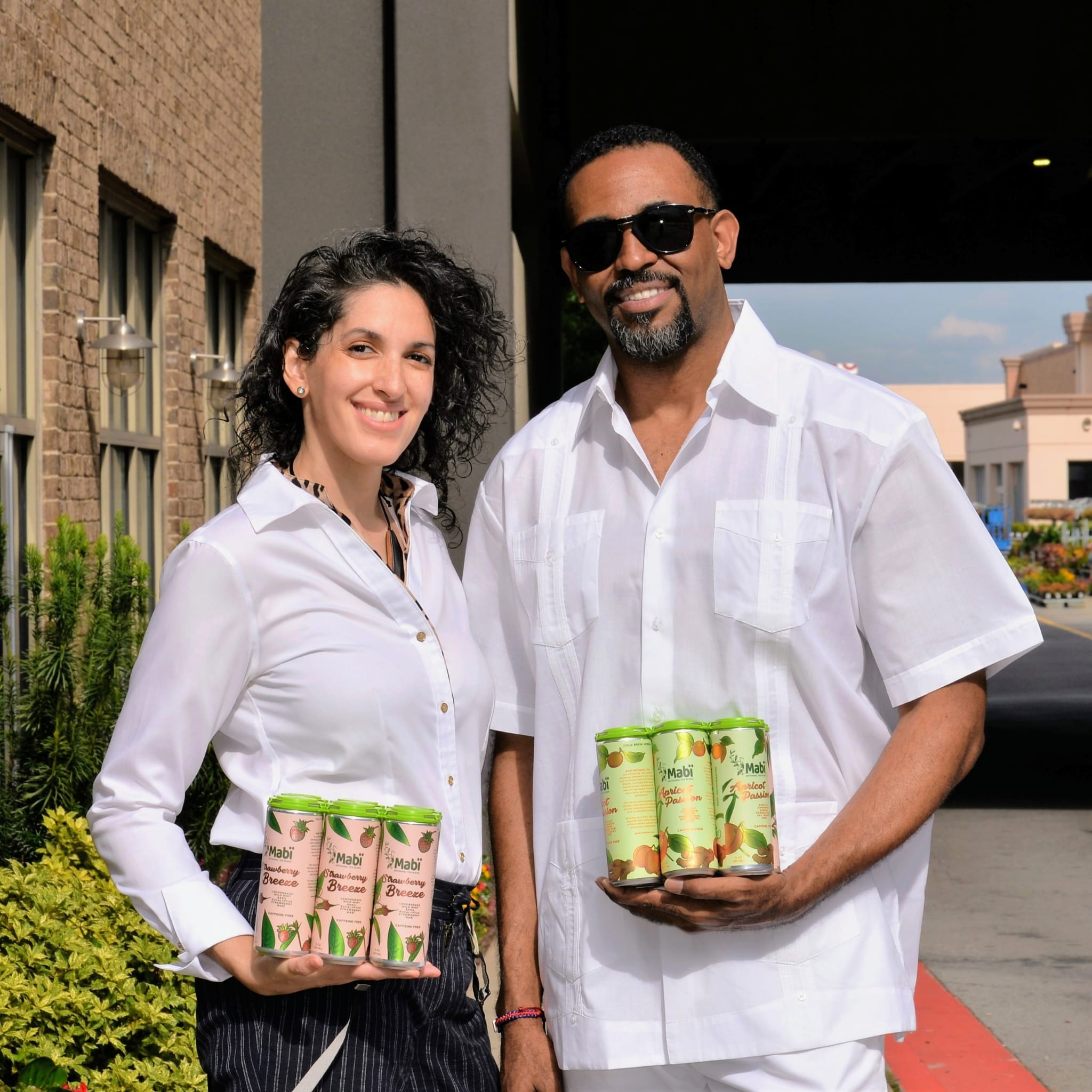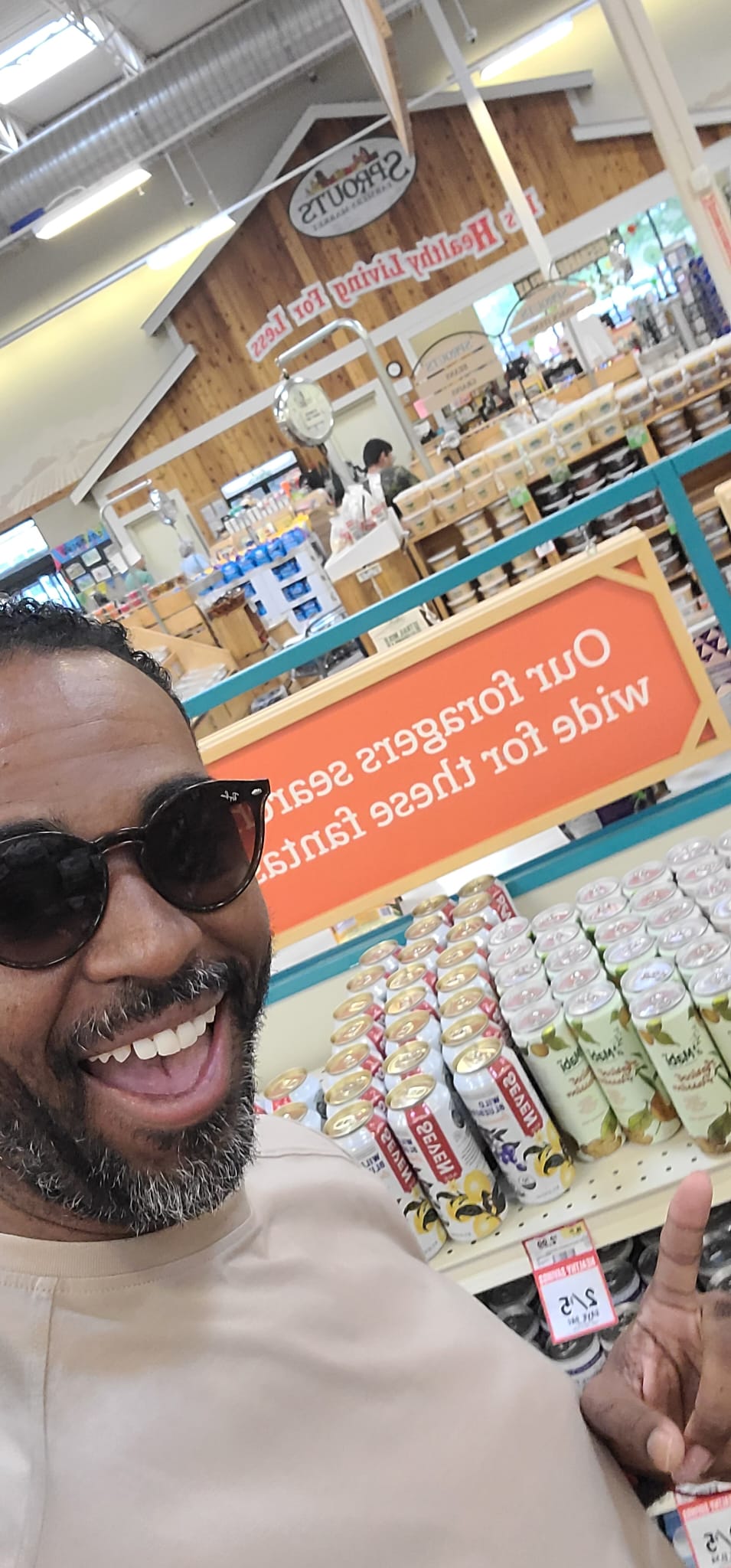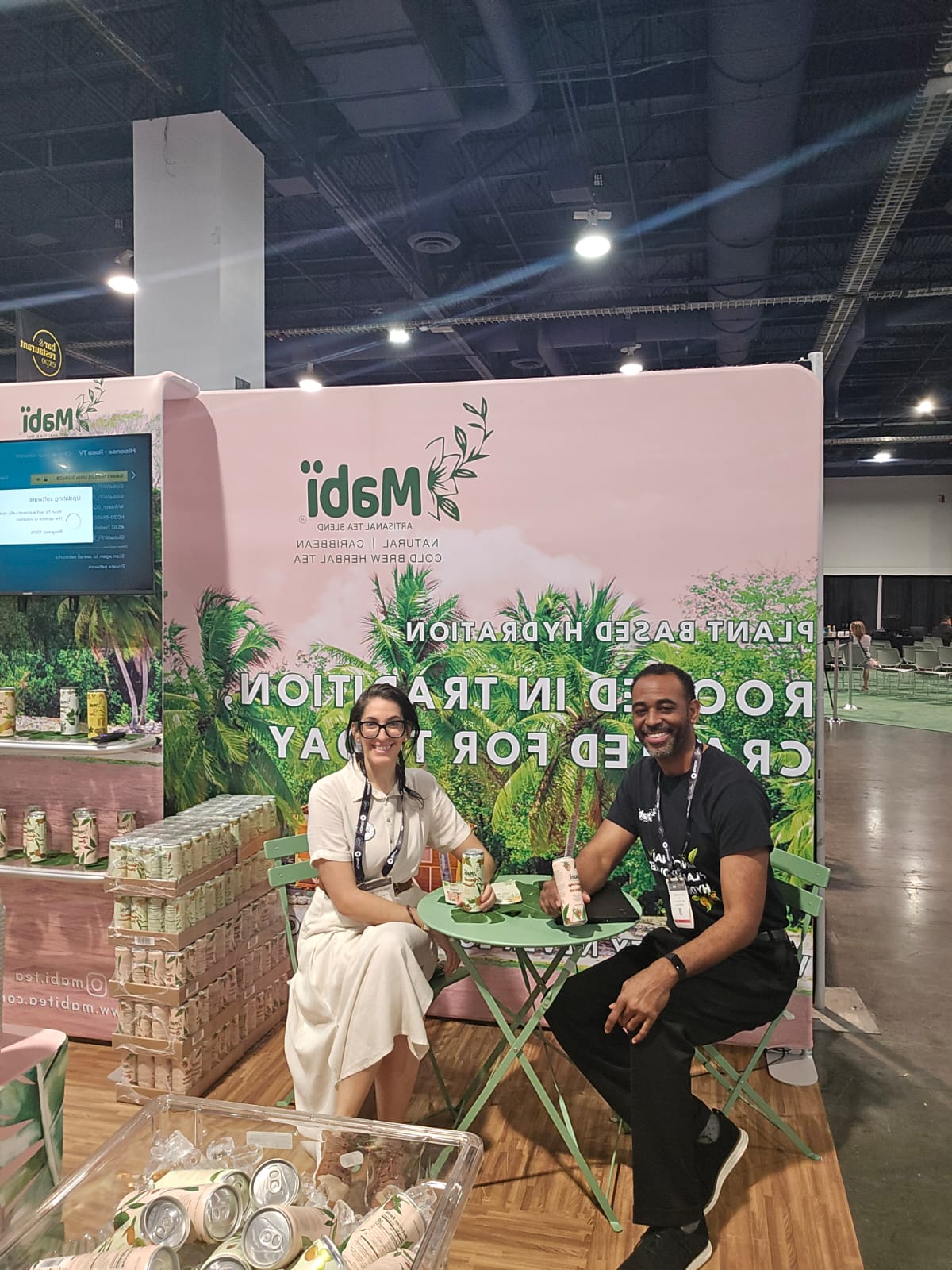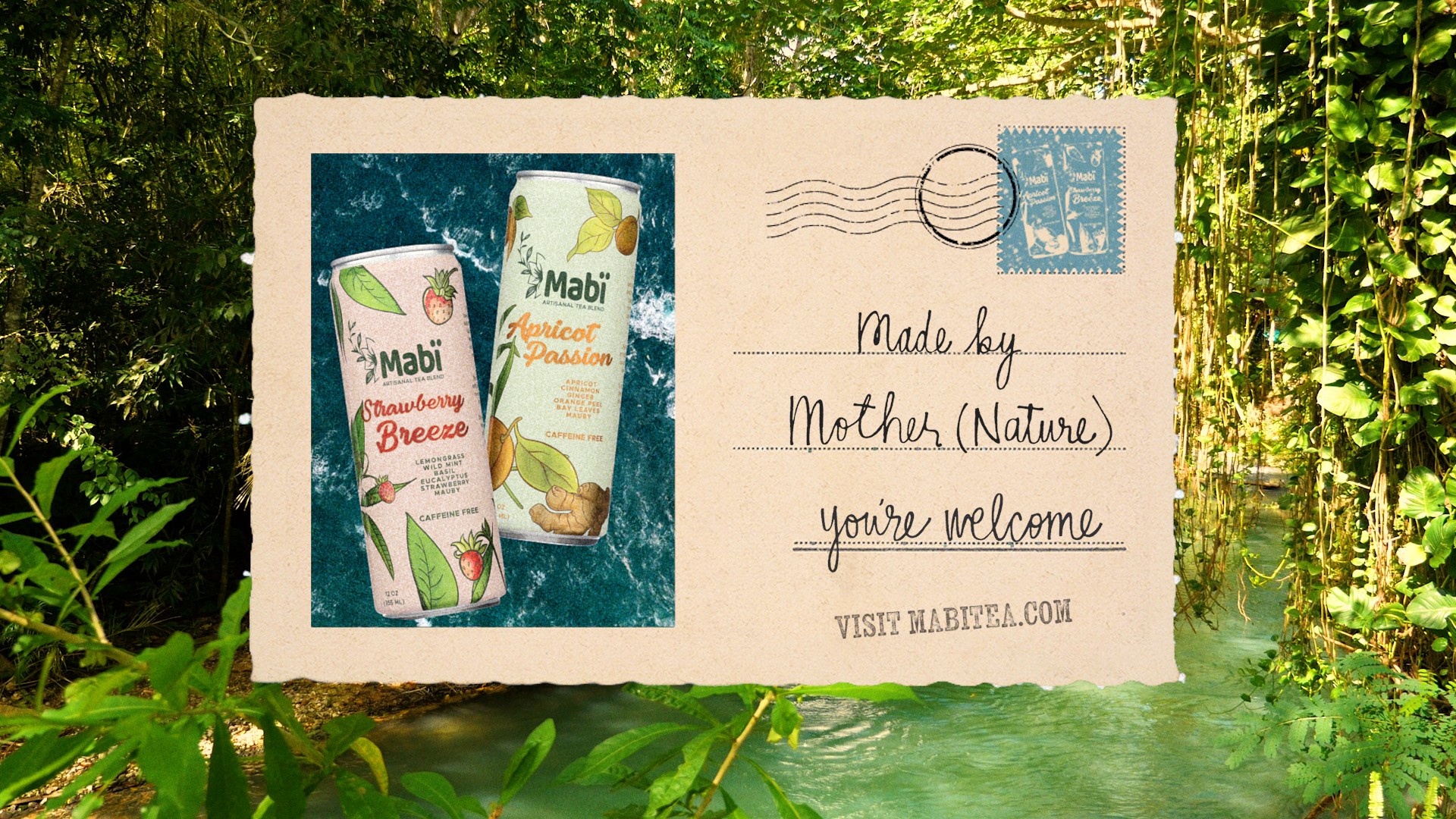

Jerry Grammont shared their story and experiences with us recently and you can find our conversation below.
Jerry, really appreciate you sharing your stories and insights with us. The world would have so much more understanding and empathy if we all were a bit more open about our stories and how they have helped shaped our journey and worldview. Let’s jump in with a fun one: What do the first 90 minutes of your day look like?
The first 90 minutes of my day are all about setting the right tone—mentally and physically—before diving into work. I wake up around 5am and start with the basics: drinking water to hydrate and, if they need it, tending to my indoor plants. There’s a sense of calm in that rhythm, connecting with something natural before any screens are on. Then I’ll spend some time with a good book or listen to a podcast—usually something on health and wellness, or I’ll catch up on the latest trends in AI, or just tune into whatever sparks my curiosity. By 6am, it’s time for a workout, which is non-negotiable; it grounds me and gets the energy flowing. Once that’s done, I review my schedule to get a sense of how the day will unfold, so I go in focused and prepared. These morning rituals keep me balanced, help me grow, and remind me to move through each day with intention—values that also shape how I approach building Mabi Artisanal Tea.
Can you briefly introduce yourself and share what makes you or your brand unique?
I’m Jerry Grammont, founder of Mabi Artisanal Tea. My journey with Mabi started from a passion for honoring my Haitian heritage and a belief that wellness should be accessible, natural, and rooted in tradition. Our tea is inspired by “mabi” (or mauby), a traditional Caribbean wellness beverage made from the bark of local trees—a blend that’s both nourishing and steeped in cultural history.
What really sets Mabi Artisanal Tea apart is our commitment to health, heritage, and community empowerment. We focus on crafting small-batch, all-natural teas that not only taste great but offer real wellness benefits—reflecting both time-honored Caribbean practices and modern research on herbal remedies. I’m deeply committed to sustainable sourcing and supporting the communities that make our work possible, which is why giving back and fostering economic empowerment are at the heart of our mission.
Every day, I strive to bring intention and authenticity into both my personal routine and our business practices—focusing on mindful growth, creativity, and making a positive impact. Whether it’s preserving cultural stories through tea or introducing people to new wellness rituals, what excites me most is building a brand that uplifts, educates, and connects.
Okay, so here’s a deep one: What’s a moment that really shaped how you see the world?
One of the most defining moments that shaped how I see the world began when I was sent to boarding school at Diquini in Haiti at just 6 years old. Diquini was a Seventh-day Adventist Christian school renowned for its structure and discipline—many of Haiti’s professionals, including doctors and engineers, are alumni. The school instilled in us not only academic excellence but also a strong sense of routine, responsibility, and faith. Living there in the mid-1980s was a significant challenge, as Haiti was under the political repression of the Duvalier regime, a period marked by social unrest and hardship that affected everyone’s daily life.
During those years, I was cared for by Ms. Lea Resilien—who I called Mommy Lea—the kind lady who ran the women’s dorms. She became a guiding force in my life. Each day started before sunrise: I learned to wake up early, prepare my own lunch, get my backpack ready, and walk the two or three miles to school with classmates. Resources were scarce, but there was a communal strength in our routines. My parents lived in the U.S. from 1969 to 1995, which meant that my sense of family came from the community we built at Diquini with teachers, dorm staff, and friends. I found joy in the simple things—learning piano, singing in the choir, and playing soccer with friends after school. The groundskeeper once saw me and said I reminded him of my father, which made me feel more connected despite my parents’ absence.
Being raised in that environment—under political and social pressure, but surrounded by dedicated mentors and a resilient community—taught me the importance of discipline, compassion, and adaptability. It showed me how even in uncertain or difficult circumstances, one can find support, purpose, and opportunity. Those experiences continue to influence my approach to life and business today, grounding the values I bring to Mabi Artisanal Tea and my commitment to serve and uplift others along the way.
What did suffering teach you that success never could?
Suffering has been one of my greatest teachers—growing up in Haiti, I learned lessons I don’t believe success could have offered on its own. Hardship showed me the true meaning of resilience: how to keep moving forward even when things seem uncertain or overwhelming. Living through unpredictable times taught me to adapt quickly, find hope in the smallest of moments, and focus on what I could control rather than what I feared.
Suffering has a way of stripping away illusions, making you resourceful, and teaching you how to stay positive even in the midst of adversity. These aren’t lessons that come from comfortable circumstances or smooth victories; they’re forged in challenge. Because of my upbringing, I learned early that courage isn’t the absence of fear, but the choice to keep going in spite of it. These qualities—resilience, adaptability, positivity, and courage—aren’t just part of my story; they’re at the heart of everything I do, personally and in building Mabi Artisanal Tea. Success can affirm your strengths, but suffering shapes and deepens them in ways that last a lifetime.
Alright, so if you are open to it, let’s explore some philosophical questions that touch on your values and worldview. What’s a cultural value you protect at all costs?
One cultural value I protect at all costs is the Haitian sense of family and community. In Haitian culture, family is much more than just immediate relatives—it’s about creating lasting bonds with friends, neighbors, and anyone in our circle who needs care or support. This extended sense of “family” holds the community together, teaching us to look out for each other, offer hospitality, and show deep respect for elders.
Protecting this value means always making space for others at the table, finding ways to uplift those around me, and ensuring that everyone feels they belong. It also means honoring our roots—through storytelling, music, art, and hard work—and passing these traditions to the next generation. To me, safeguarding this collective spirit is essential, because it shapes how we persevere, celebrate our heritage, and build a foundation of trust and belonging—both in my personal life and within the Mabi Artisanal Tea family.
Okay, so before we go, let’s tackle one more area. What is the story you hope people tell about you when you’re gone?
I hope that when people remember me, the story they tell is one of genuine commitment to helping others and striving to create meaningful change—especially for Haiti. I want my legacy to be about believing in the power of community, using whatever resources and talents I had to uplift those around me, and always working toward making things better for my homeland. If people can say that I consistently put others first and pursued projects that brought real, positive impact—no matter how challenging—then I know I’ve lived my purpose. Ultimately, I want to be remembered not just for what I achieved, but for how I dedicated myself to the greater good and inspired others to do the same.
Contact Info:
- Website: https://www.mabitea.com
- Instagram: @mabi.tea
- Linkedin: https://www.linkedin.com/company/mabi-artisanal-tea/
- Facebook: https://www.facebook.com/TheRealMabiTea/
- Youtube: https://www.youtube.com/channel/UCaJAIsykyGq4M70SGOMIGYg
